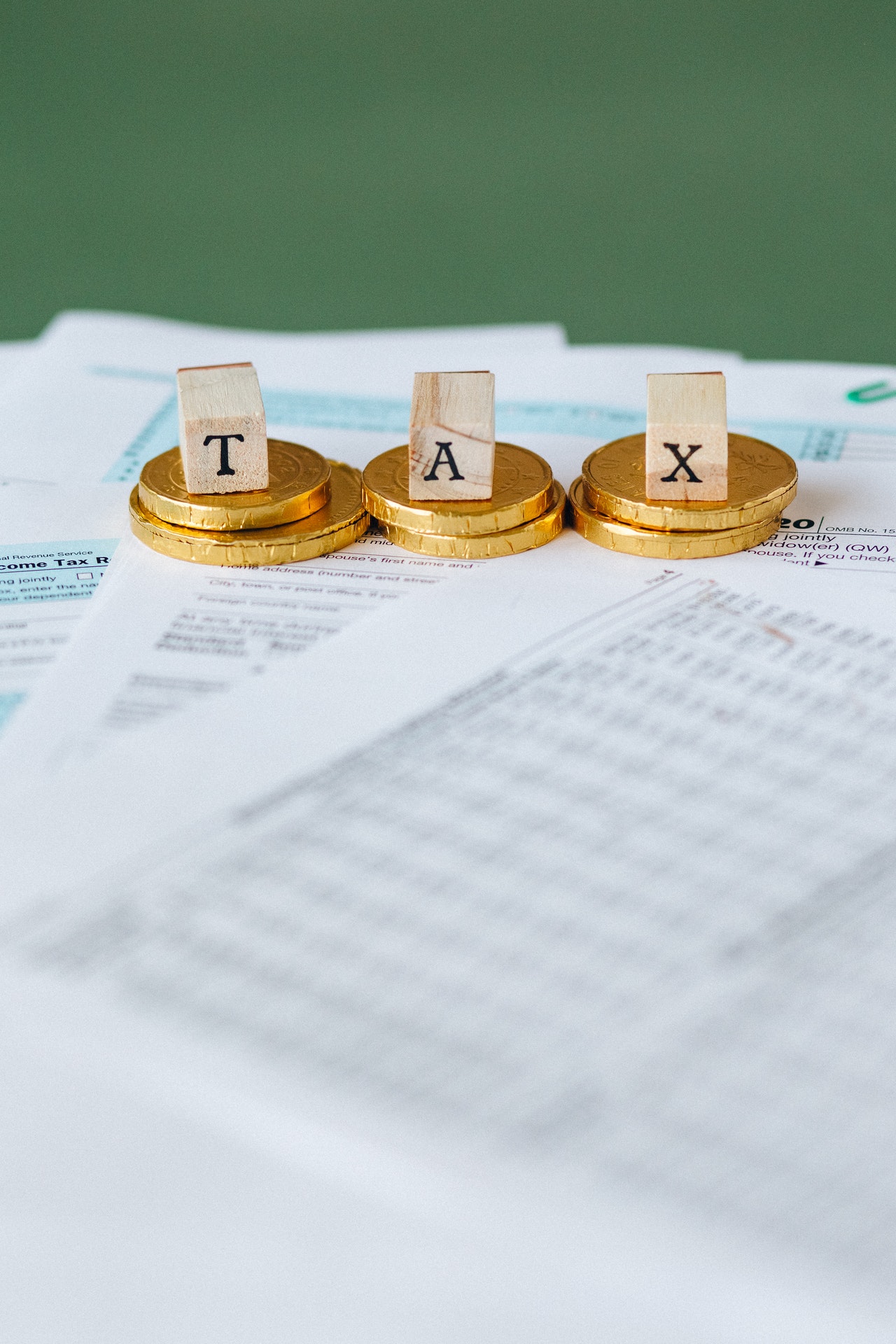As a small business owner, keeping on top of your taxes can be a challenging task. This guide takes you through the basics of tax and will help to give you an overview of how to handle them as a small business in the UK.
Tax For Small Businesses
A small business needs to understand its tax obligations before it can fulfil them, and there are several different tax regimes that could potentially apply to its income.
These include income tax; corporation tax; VAT which is the sales tax; National Insurance Contributions (NICs), which is a social security tax paid by all employers for their employees’ benefit and other taxes such as payroll or stamp duty on the sale of land, vehicles or other assets.
The business will have to pay all these taxes unless it falls into an exemption category.
To start paying tax in the UK as a limited company, you need to register with HM Revenue and Customs (the UK tax authority). You’ll also need to be careful to pay all of your taxes on time and in full, or you risk receiving a penalty.
Corporation Tax
The corporation tax refers to a payment made by an organization for the right to do business.
Corporation tax is based on the profit or income generated by a corporation and is typically divided into capital and revenue. Capital is the investment made from shareholders and is subsequently paid back, while revenue is the profit generated from selling goods or providing services.
Rates of Corporate Tax?
The main rate of UK corporation tax is 19%. This applies to profits between £0 and £300,000. This rate has been in place since April 2016. If a company does not pay its taxes, it is possible for the government to seize the directors’ personal assets.
This is because directors are legally responsible for paying corporation tax on behalf of their company, with the penalty for non-payment being that directors could lose their house or other property if they do not ensure that their tax bill is met.
Income Tax
When you’re in the UK and working, you’ll probably have to pay income tax on your salary. The government collects most of its revenue from income tax.
Income tax applies to individuals whose residency and domicile are in the United Kingdom, and this includes both business owners and their employees. As a business owner, how much you pay on income tax depends on how much you take home every month.
National Insurance
In a sense, National Insurance (NI), although not a tax per se, is a payment made to the government.
There are two kinds of NI for sole traders. Unless you’re under the ‘Small Profits Threshold’ of £6,205, you’ll pay a flat weekly rate of NI called Class 2 NI if you’re a business owner.
You will have to pay HMRC your Class 1 employee’s National Insurance contributions if your business is a limited company and you earn a salary from there. In addition to employee NI, the business will have to pay employer NI to HMRC unless employment allowance covers them.
There you have it. Some of the important tax obligations you should be aware of as a business owner. When you first startup, it can seem very complicated and extremely daunting. However, once you have the hang of it, you’ll be a pro at handling taxes in no time.



 Bitcoin
Bitcoin  Ethereum
Ethereum  Tether
Tether  XRP
XRP  Solana
Solana  USDC
USDC  TRON
TRON  Lido Staked Ether
Lido Staked Ether  Cardano
Cardano  Avalanche
Avalanche  Toncoin
Toncoin